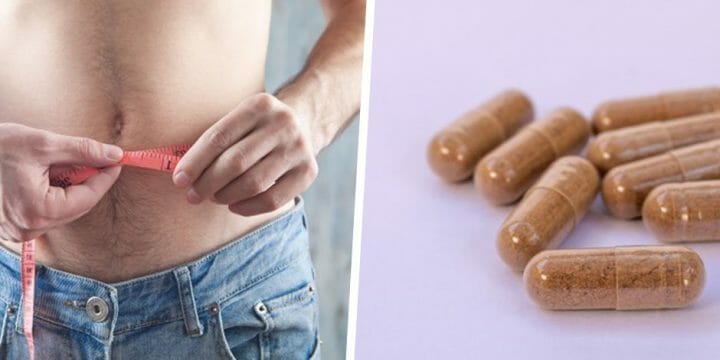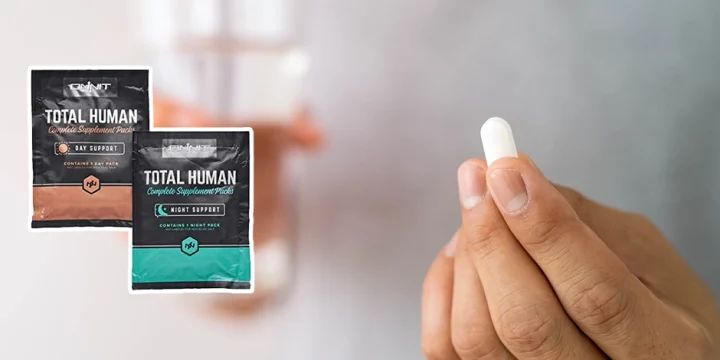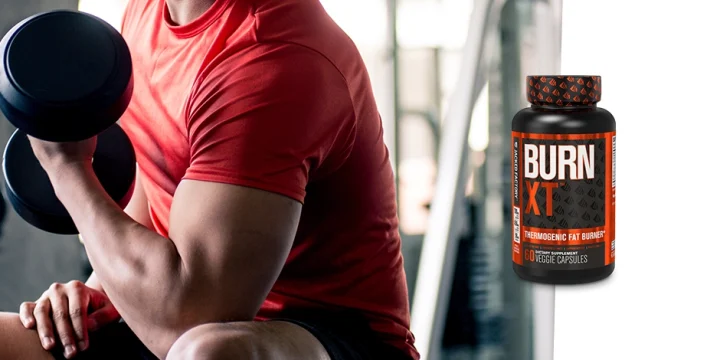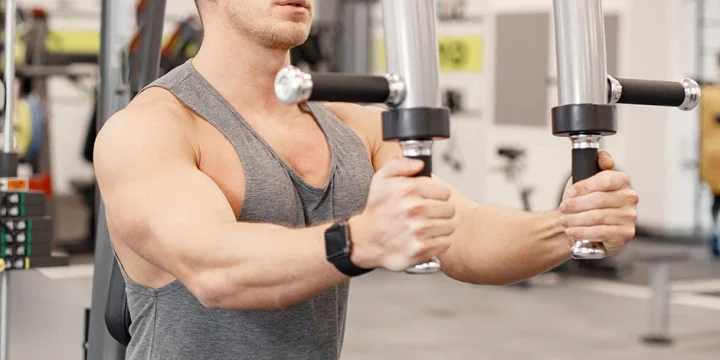As a practicing physician, I frequently recommend high-quality supplements to enhance my patients' daily physical performance.
Lately, I've received inquiries about whether pre-workout supplements contribute to weight loss even without exercise. To answer this, I teamed up with fitness experts and colleagues, conducting several weeks of research.
If you're considering incorporating pre-workouts, continue reading to discover whether they can independently accelerate your fat-loss goals.
Quick Summary
- Pre-workouts can help people lose weight by increasing exercise performance, which can lead to more calories getting burned when working out.
- The common ingredients in pre-workouts that aid performance are caffeine, creatine, beta-alanine, BCAAs, and L-Citrulline malate.
- Around 70 percent of young adults incorporate at least one nutritional supplement, with pre-workout energy drinks being among the most favored categories.
- In my opinion, using pre-workouts can significantly enhance gym performance, increasing the likelihood of achieving weight loss goals more rapidly.
Can Pre-workout Supplements Help With Weight Loss?
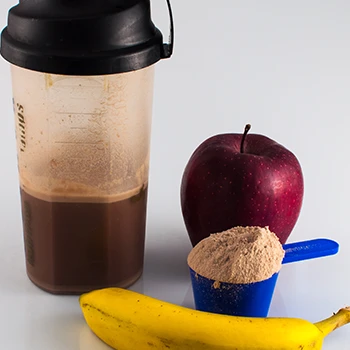
Pre-workout supplements may help with weight loss due to their inclusion of ingredients known to boost motivation and physical performance.
A study from the National Institute of Health indicates that these stimulants and nootropics can enhance endurance, focus, and energy during exercise, potentially contributing to weight loss [1].
Based on my patients' experience, using pre-workouts in their routine has helped them build more muscle, burn calories faster, and ultimately support weight loss.
How Can Pre-workout Boost Your Workout Results?
Pre-workout supplements boost focus and provide additional benefits for weight loss. Ingredients such as beta-alanine are associated with improved fat oxidation, assisting in burning more body fat during exercise.
Pre-workouts can also assist in weight loss by suppressing appetite, leading to reduced daily calorie intake and supporting fitness goals.
By providing the energy needed for intense training sessions, pre-workout supplements contribute to an effective weight loss journey and help achieve desired body composition.
Common Ingredients in Pre-Workouts for Weight Loss
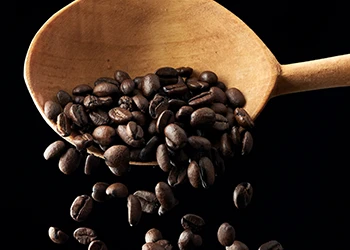
Caffeine
Caffeine, the most commonly used pre-workout supplement ingredient, has been shown to boost energy levels by activating the central nervous system (CNS), as stated by the Harvard School of Public Health [2].
Furthermore, the Frontiers in Sports and Active Living suggests that consuming approximately 3 to 6 mg of caffeine per kilogram of body weight can enhance alertness, thereby improving overall performance [3].
Related Article: Can Caffeine Help You Lose Weight?
Creatine
According to the National Institute of health, creatine, found in pre-workout supplements and energy drinks, has been shown to hasten muscle recovery and prevent muscle injury during intense workouts [4].
Furthermore, research from the same institute indicates that creatine supplementation can help improve body composition by promoting faster lean muscle mass gain from workouts [5].
Beta-Alanine

Research from the National Institute of Health suggests that sports supplements containing beta-alanine can enhance workout performance by delaying muscle fatigue and increasing exercise capacity [6].
Additionally, a PubMed study indicates that beta-alanine has antioxidant properties that enhance immunity and overall health, resulting in improved physical and mental performance [7].
Branched Chain Amino Acids (BCAAs)
According to a review from PubMed, BCAA supplements have been shown to speed up muscle growth and the rate at which muscles heal after training [8].
“The three BCAAs are of interest to researchers because of their potential to reduce muscle tissue breakdown and improve post-exercise recovery.”
- Kait Richardson RDN, LD, Florida
Furthermore, consuming 3000 to 4000 mg of leucine, one of the BCAAs, promotes protein synthesis the most after resistance exercise, as stated in the Journal of the International Society of Sports Nutrition [9].
L-Citrulline Malate
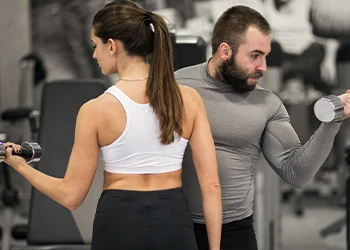
According to research from the National Institute of Health, L-citrulline malate has been shown to enhance exercise performance by widening blood vessels and increasing muscle oxygenation.
As the oxygen supply to working muscles increases, nutrients are delivered to the muscles more quickly, leading to a faster recovery rate from post-workout muscle damage [10].
Does It Suppress Appetite?
Yes, an effective pre-workout supplement can suppress appetite. According to research from PubMed Central, this effect is linked to the inclusion of nootropic ingredients like Rhodiola Rosea, known for enhancing mood.
Moreover, pre-workout supplements may incorporate fiber-rich components such as glucomannan, contributing to an extended sense of fullness [11].
Over several weeks of research, I found that the best pre-workout for weight loss is one that helps boost physical performance while cutting calorie intake.
Are There Any Other Health Benefits?

Yes, there are other health benefits to taking pre-workouts, such as improved cognitive functions, lower blood sugar levels, and immune support.
PubMed studies indicate that caffeine can enhance short-term memory and speed up reaction times, while creatine can reduce blood glucose and fight diabetes [12] [13].
Furthermore, PubMed research has found that getting essential amino acids, in the long run, helps improve digestion and increase immunity to disease [14].
FAQs
Does Pre-Workout Speed Up Your Metabolism?
A pre-workout supplement can speed up your metabolism because most of the common ingredients increase thermogenesis. Raising your body temperature will consequently increase your carbohydrate and fat metabolism.
Does Pre-Workout Make You Fat?
Pre-workout does not make you fat if you combine it with a proper diet and consistent workouts. Additionally, most contain substances that reduce hunger and promote healthy metabolism, which helps with fat loss.
References:
- https://pubmed.ncbi.nlm.nih.gov/30089501/
- https://www.hsph.harvard.edu/nutritionsource/caffeine/
- https://www.frontiersin.org/articles/10.3389/fspor.2020.574854/full
- https://www.ncbi.nlm.nih.gov/pmc/articles/PMC5469049/
- https://www.ncbi.nlm.nih.gov/pmc/articles/PMC2048496/
- https://www.ncbi.nlm.nih.gov/pmc/articles/PMC3257613/
- https://pubmed.ncbi.nlm.nih.gov/24383505/
- https://pubmed.ncbi.nlm.nih.gov/16365096/
- https://jissn.biomedcentral.com/articles/10.1186/1550-2783-9-54
- https://www.ncbi.nlm.nih.gov/pmc/articles/PMC5999519/
- https://www.ncbi.nlm.nih.gov/pmc/articles/PMC3892933/
- https://pubmed.ncbi.nlm.nih.gov/20182035/
- https://pubmed.ncbi.nlm.nih.gov/33572228/
- https://pubmed.ncbi.nlm.nih.gov/18670730/
About The Author
You May Also Like


